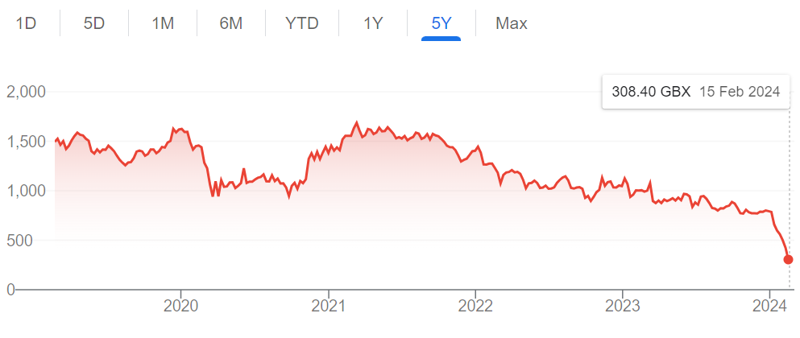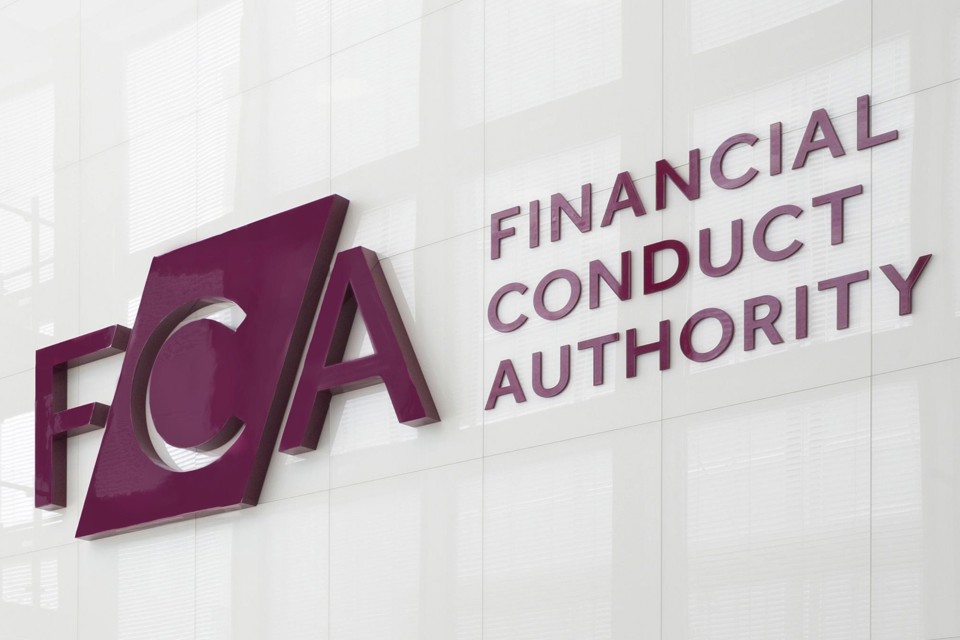Shares in Close Brothers have collapsed after the merchant bank scrapped dividends this year as a precaution against potentially huge compensation payouts.
The move follows last month’s decision by The Financial Conduct Authority (FCA) to review discretionary commission arrangements agreed between car finance firms and dealerships.
The prospect of huge compensation costs also forced the banker - whose car finance lending through its Close Brothers Motor Finance arm makes up around fifth of its loan book at £1.95 billion – to warn that it was reviewing whether it would even issue shareholder dividends in 2025.
The FCA said that it is reviewing historic claims of unfair costs on discretionary commissions and will ensure consumers receive compensation if it uncovers evidence of widespread misconduct.
In an unscheduled trading update, Close Brothers said that the “significant uncertainty about the outcome of the FCA’s review, and the timing, scope and quantum of any potential financial impact on the group cannot be reliably estimated at present”.
Analysts have pegged the hit to the motor finance sector could be significant with Close Brothers and Lloyds particularly exposed. RBC Capital Markets suggested anywhere between £6bn and as much as £16bn, having upgraded its estimates following a recent FCA webinar on the issue.
It estimated that Close Brothers could end up paying £200m in compensation while other analysts have pegged it at between £150m-£180m.
Close Brothers explained: “While there is no certainty regarding any potential financial impact as a result of the FCA’s review, the Board recognises the need to plan for a range of possible outcomes.”
“The Board considers it prudent for the group to further build capital strength, while supporting its customers and business franchise.”
Potentially the worst casualty is Lloyds Banking Group, Black Horse's parent company and the UK's biggest motor finance lender, which could have to pay out around £2bn in compensation, according to RBC Capital Markets. Lloyds has scheduled the release of its 2023 full year results on February 22.
Historically, DCAs permitted vehicle dealerships and brokers to choose the interest rate on a car buyer's finance agreement, incentivising them to charge customers higher rates. They were outlawed three years ago, but many consumers have lodged complaints with regulators claiming their requests for compensation have been unfairly rejected.

















Login to comment
Comments
No comments have been made yet.